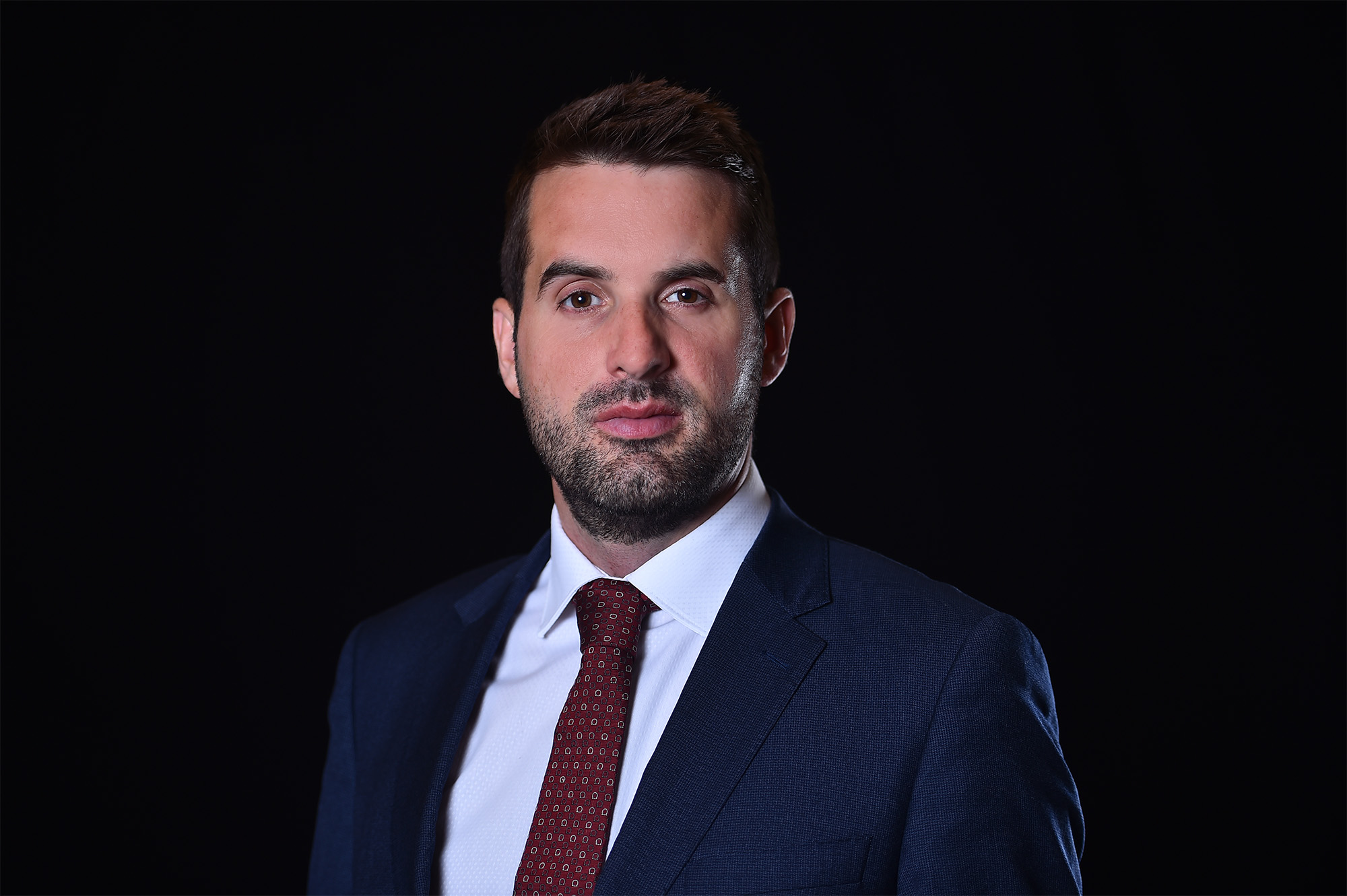Beyond the specific facts of this case, the court carefully considered recent decisions in Russian extradition cases. The last occasion when the monitoring of prison conditions within the Russian federation was considered was in the case of RF v. Egorova & Ors (9th December 2019, SDJ(MC) Arbuthnot, as she then was). A written judgment was handed down on 9th December 2019 and the requested persons in the four linked cases were discharged [at 80].
DJ Goozée further relied on the pilot judgment Ananyev v. Russia (2012) 55 EHRR 18 in relation to remand prisons, where overcrowding in Russian pre-trial detention facilities was accepted and consequently the presumption of compliance with Article 3 was displace [at 85]. However, as he highlighted that Ananyev does not cover post-conviction detention, the burden remains on the RP to establish a real risk of a breach of Article 3 [at 87].
Finally, the judge referred to the pilot judgment in Tomov & others v. RF (April 2019), where the ECtHR concluded that the practice of transporting female prisoners in the so called “staken” an isolated solid metal box violated article 3 [at 88].
Commissioner for Human Rights
He cites SDJ Arbuthnot from paragraph 252 of the judgment, where she held that it was “encouraging to hear from [the exert witness] that the Duma is discussing a federal law which will govern the regional Commissioner for Human Rights (“CHR”) giving them independence from state bodies and establishing their right to visit colonies, for example, and when requesting information from the authorities expecting a reply within 15 days….The trouble is that law has not yet passed.” DJ Goozée noted that the federal Law has now been passed, having been adopted by the State Duma on the 5th March 2020 and approved by the Federation Council on 11th March 2020 [at 82].
However, DJ Goozée expressed “significant concern” about the RF’s ability to provide a bespoke monitoring regime and whether assurances are objectively verifiable. He accepted that what was proposed for Ms Kalashnikova was exactly the same as what was proposed in Egorova and that the changes introduced under the Federal Law on 18th March 2020 have not safeguarded the CHRs independence notwithstanding the fact it was anticipated the law may achieve that effect [at 128].
Evidence to Support Assurances
Despite the clear message from Egorova that more evidence would be required to support assurances given by the RF, DJ Goozée found Russia’s evidence ultimately unsatisfactory. Applying Ananyev in relation to pre-trial detention, he found that the assurances provided were contradictory in relation to her detention at SIZO-6. In relation to her personal space the assurances were not precise enough so as to enable the judge to make his own assessment as to the space to be afforded to Ms Kalashnikova. The black and white photographs, he stressed, did not particularly assist. In relation to post-conviction detention at IK-3, he was not convinced as to whether Ms Kalashnikova would have the requisite 3m2 [at 125]
Transportation
The judge express particular concern about the assurances relating to prison transport and whether the vehicles specified in the assurances address the violations found in the pilot judgment, Tomov and the exact quality of new vehicles promised post-Tomov. The Action Plan indicated that the new vehicles are not event currently in operation [at 126].
Covid 19
This judgment gives serious reinforcement to the existing authorities, finding the situation to have worsened, not least on account of COVID-19 but given the wider deterioration of human rights standards in Russia. The RF gave confusing evidence as to where the RP would be held in pre-trial detention; the pandemic has forced the SIZO-6 to operate under temporary special conditions, receiving detainees only after they have a negative test after 14 days quarantine in SIZO-7 [at 95].
Professor Pallot, who gave evidence in support of the RP, explained that the conditions within SIZO-6 are likely to have deteriorated due to the impact of COVID-19 but also because of a fire reported at SIZO-6 on 27th July 2020 which was not mentioned or addressed by the RF. COVID-19 has led to serious overcrowding within SIZO-6. Albeit the levels of overcrowding are not known, she said in evidence in chief “we have no idea of what the level of overcrowding is, but the NGOs report that the conditions are not good” [at 107].
This assessment was accompanied by the judge’s more general finding that against the backdrop of the criticism of the medical facilities in prisons, the RF provided insufficient detail in terms of the exact medical facilities which would be provided to the RP [at 129].
Conclusion
For these reasons, set out at paragraphs 124 – 129, the judge found that the RP’s extradition would not be compatible with her Article 3 rights in relation to the prohibition against inhuman, degrading treatment and torture.
The judgment marks the next step in our judiciary’s response to Russian abuses; it is fair to say that for the time being, there will continue to be no extradition to Russia. This does not mean that Russia will stop making requests. Unfortunately, defeating one extradition request does not mean that future requests will be automatically rejected and a UK refusal is not enough to enable safe international travel. For these reasons, anyone who thinks they may be subjected to a Russian extradition request should consider making a confidential asylum claim as a parallel defence where possible to do so.
Our Citizenship & Immigration Department at Payne Hicks Beach have extensive experience of Russian Asylum Claims and deploy the most up to date case law in support of our clients. For further information please contact Matt Ingham by email alternatively, telephone on 020 7465 4300.


